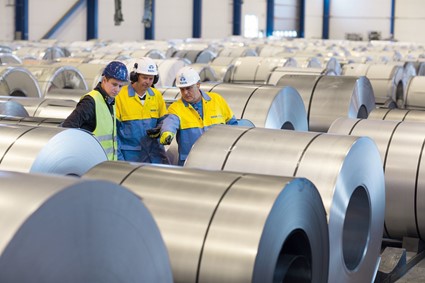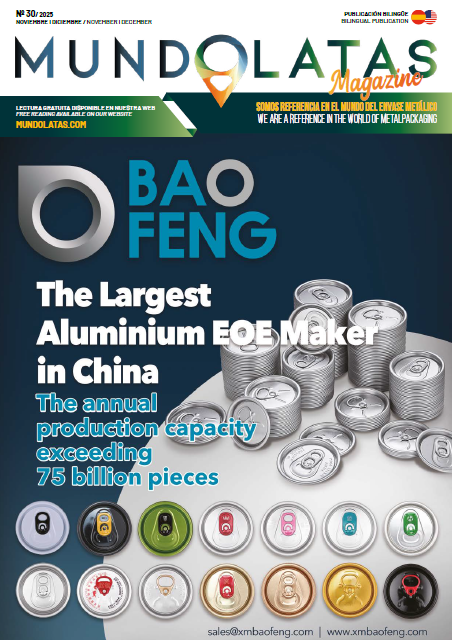The United States and Britain have agreed to begin talks in order to resolve their trade dispute over steel and aluminum tariffs. Those talks will also include the issue of the UK’s 25% retaliatory tariffs on U.S. products, which include whiskey, motorcycles, jeans and tobacco.
In a statement issued, U.S. Commerce Secretary Gina Raimondo, U.S. Trade Representative Katherine Tai, and U.K. Trade Minister Anne-Marie Tevelyan said they would work to reach a swift agreement that would ensure the profitability of the steel and aluminum industries in both nations and also “strengthen their democratic alliance.”
In 2018, Trump imposed tariffs of 25% on steel imports and 10% on aluminum, describing them as a threat to U.S. national security, a move that sparked outrage among Britons, members of the European Union and other longtime U.S. allies.
Last year, the Biden administration reached an agreement with the European Union in which it agreed to remove tariffs on metals from the EU below the new import quotas, and to maintain the levy on imports above them. In reciprocity, the bloc withdrew the tariffs it had applied in retaliation to U.S. products, including whiskey.
However, Britain is now willing to negotiate duty-free access to U.S. steel and aluminum markets similar to that granted by Washington to the European Union on January 1, as part of a quota agreement reached in October that took six months to negotiate.
Also, in their joint statement, the United States and Britain indicated that they have discussed the issue of China’s overproduction and promised to “hold countries with market-damaging practices accountable.” The U.S. already banned most steel from the Asian country, so Trump’s tariffs hurt mainly U.S. allies.
Although there is officially no date set for such a negotiation, the discussions will address “global overcapacity in steel and aluminum, including the application of tariffs by the United States on metals from Great Britain.
Finally, they note that “both sides are committed to working toward an expeditious outcome that ensures the viability of the steel and aluminum industries in both markets in the face of the continuing shared challenge of global overcapacity and strengthens their democratic alliance.”














